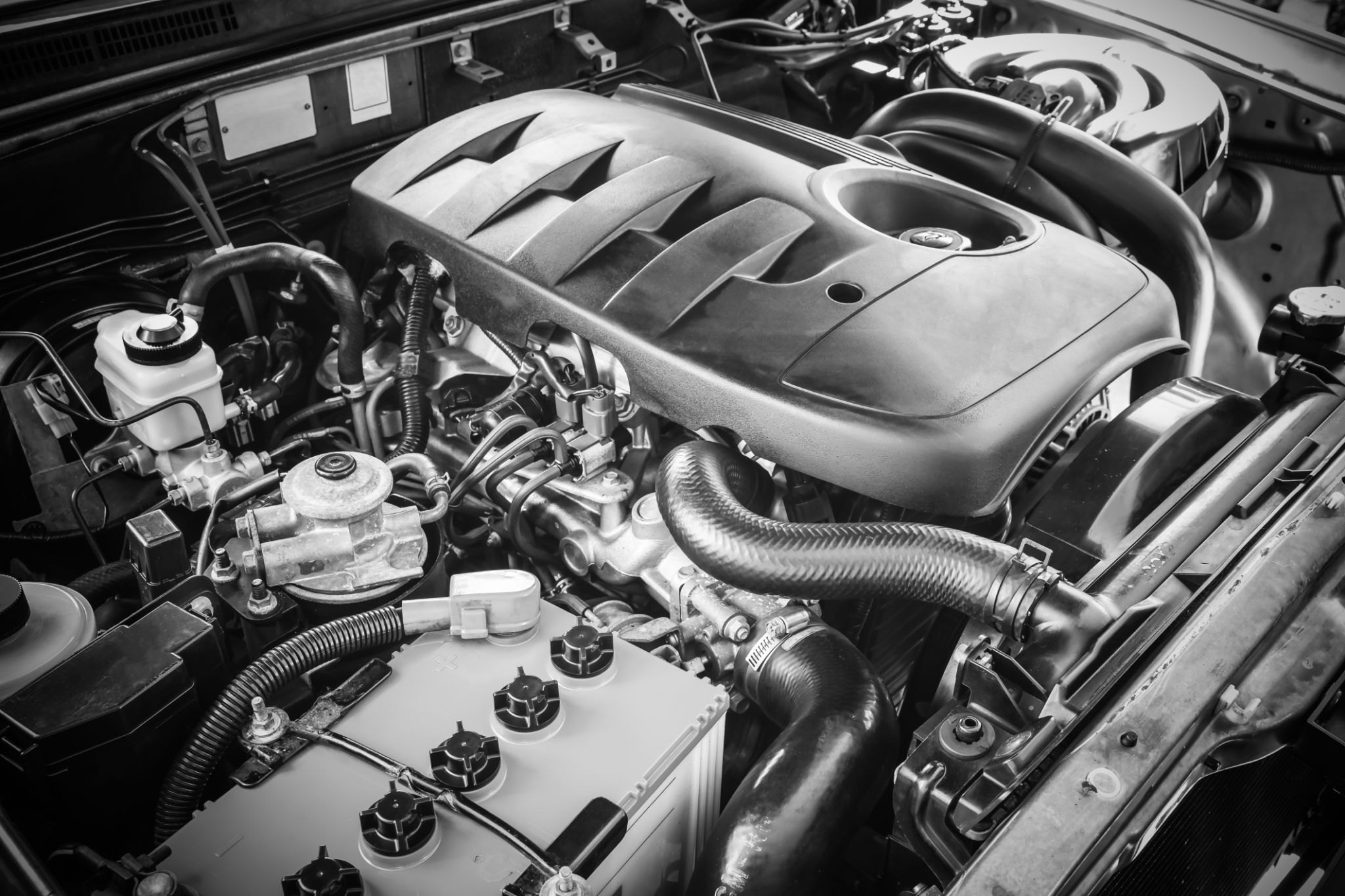How to Troubleshoot Common Diesel Engine Issues: A DIY Guide
Understanding Diesel Engine Basics
Diesel engines are the powerhouse behind many heavy-duty vehicles, offering durability and efficiency. However, like any machinery, they are prone to issues that can affect performance. Understanding these common problems is the first step toward effective troubleshooting.
Diesel engines operate differently from gasoline engines, using compression ignition rather than spark ignition. This fundamental difference leads to unique sets of challenges and solutions. It's crucial to have a basic grasp of how these engines work before diving into troubleshooting.

Identifying Fuel System Problems
One of the most common issues with diesel engines is related to the fuel system. Problems often arise from contaminated fuel, clogged filters, or faulty injectors. To troubleshoot these issues, start by inspecting the fuel filters for any blockages.
If you suspect injector problems, listen for misfires or irregular engine noises. Replacing fuel filters regularly and ensuring clean fuel can prevent many of these issues. It's also wise to use a fuel additive to keep the system clean.

Addressing Starting Issues
Starting problems in diesel engines can be frustrating and are often linked to battery or glow plug issues. Begin by checking the battery's charge and connections. A weak or dead battery is a common culprit.
If the battery is in good condition, inspect the glow plugs. These components help the engine start in cold conditions and can wear out over time. Replacing faulty glow plugs can resolve many starting issues.
Troubleshooting Overheating Problems
Overheating can cause severe damage to a diesel engine if not addressed promptly. Check the coolant level and ensure there are no leaks in the system. A common cause of overheating is a faulty thermostat or water pump.
Regularly inspect the radiator for blockages and ensure it's functioning correctly. Keeping the cooling system in top shape is crucial for preventing overheating.

Dealing with Excessive Exhaust Smoke
Excessive exhaust smoke is not only an environmental concern but also an indicator of engine problems. Different colors of smoke can signify various issues: black smoke suggests incomplete combustion, blue smoke indicates oil burning, and white smoke might mean coolant leakage.
Identifying the color of the smoke can help diagnose the problem. Regular maintenance and timely repairs can minimize these emissions and improve engine efficiency.
Performing Regular Maintenance
Preventative maintenance is key to avoiding many diesel engine issues. Regular oil changes, filter replacements, and inspections can keep your engine running smoothly.
Create a maintenance schedule to address potential problems before they escalate. Keeping detailed records of maintenance activities can also provide valuable insights during troubleshooting.

When to Seek Professional Help
While many diesel engine issues can be handled with a DIY approach, some problems require professional expertise. If you've tried basic troubleshooting without success, it might be time to consult a mechanic.
Complex problems like turbocharger failures or significant engine knocks should be addressed by professionals to avoid further damage.